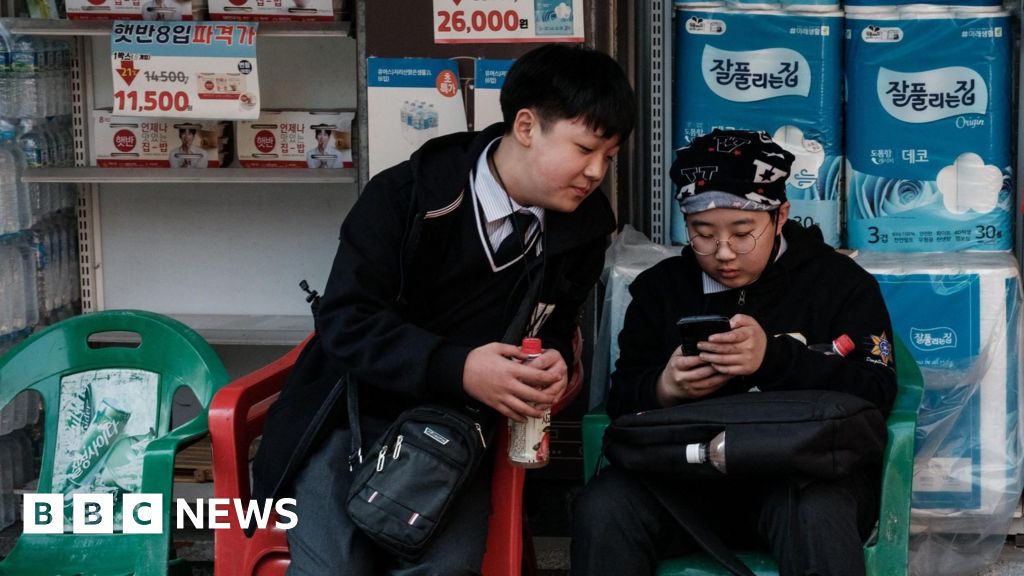As torrential rains battered South Korea's southern and western provinces, authorities reported significant destruction, particularly in Sancheong County, where 10 fatalities were recorded. The region experienced extraordinary rainfall, with nearly 12 inches falling on Saturday alone. Many homes and vehicles were obliterated, and some residents voiced concerns about power outages and water shortages.
The situation worsened for a family camping in Gapyeong County; a landslide swept away their tent, leading to the tragic loss of a father while his son was rescued. Rescue teams are still searching for the mother and daughter, with the home ministry stating that around 14,000 individuals have been evacuated.
This weather emergency has wreaked havoc on agriculture, with substantial damage reported over an area comparable to 40,000 soccer fields, in addition to the loss of nearly 1.5 million livestock. In response, President Lee Jae Myung has declared special disaster zones in the most affected areas to facilitate aid efforts.
Following a lull in the rain, many villagers returned to assess the devastation and begin recovery efforts, with military assistance on the ground. However, weather forecasts indicate further rain could be on the way, compounded by a heat wave in the south, raising concerns of potential disease outbreaks.
Choe Sang-Hun reports from Seoul, focusing on pivotal events in South and North Korea.
The situation worsened for a family camping in Gapyeong County; a landslide swept away their tent, leading to the tragic loss of a father while his son was rescued. Rescue teams are still searching for the mother and daughter, with the home ministry stating that around 14,000 individuals have been evacuated.
This weather emergency has wreaked havoc on agriculture, with substantial damage reported over an area comparable to 40,000 soccer fields, in addition to the loss of nearly 1.5 million livestock. In response, President Lee Jae Myung has declared special disaster zones in the most affected areas to facilitate aid efforts.
Following a lull in the rain, many villagers returned to assess the devastation and begin recovery efforts, with military assistance on the ground. However, weather forecasts indicate further rain could be on the way, compounded by a heat wave in the south, raising concerns of potential disease outbreaks.
Choe Sang-Hun reports from Seoul, focusing on pivotal events in South and North Korea.



















